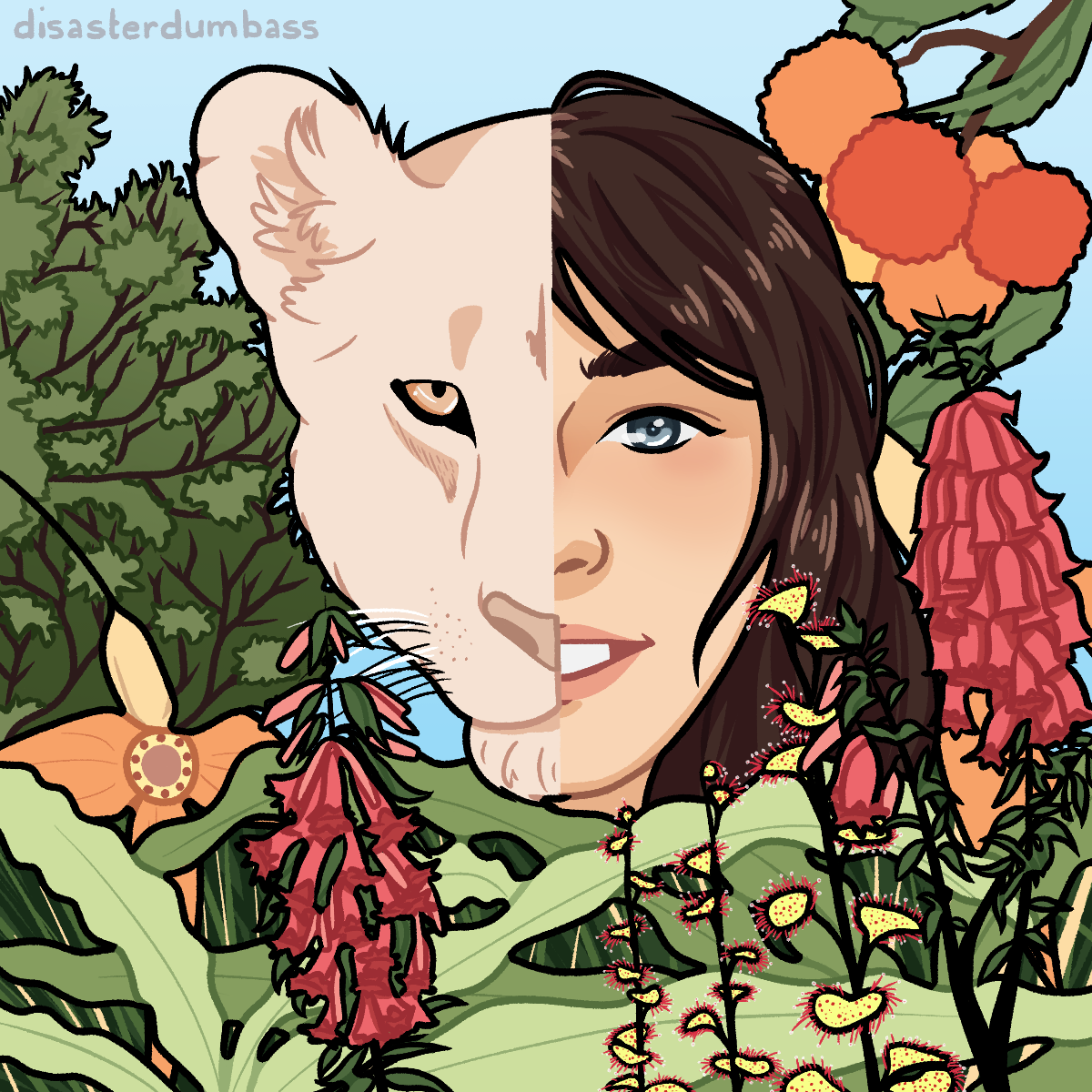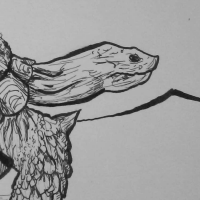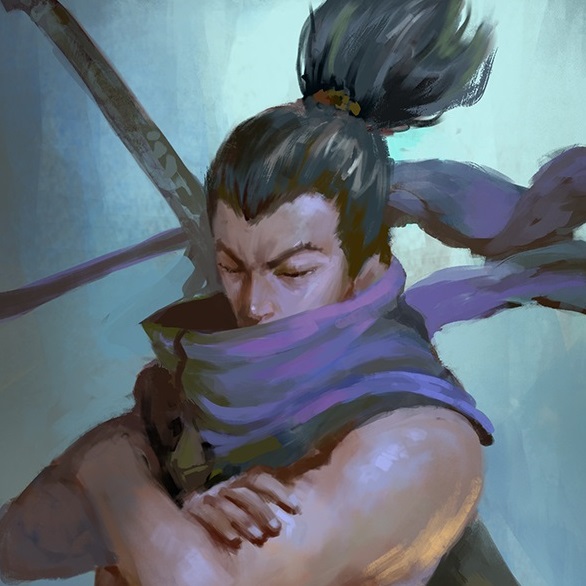The luckiest steed in all the land, nenivaga were blessed with a cute appearance and an easy life. Those who ride and care for a nenivaga are granted good fortune. Common in the north and
the Midlands, nenivaga are typically the steed of choice for traders and
adventurers who don't want to go into battle with their steed.
Basic Information
The nenivaga is essentially a very large dog. A few different breeds exist, but most are only slightly smaller than a horse, but a little stockier.
Additional Information
Nenivaga generally prefer having only one owner, though they do like all people! They just like that one best. Other than that, nenivaga like meeting other lucky dogs, and having them around. The wolves that they were domesticated from were group oriented and that probably has a lot to do with it.
As smart as a good dog. A very good dog.
Civilization and Culture
One lucky dog that stands out in history is the steed of Rin Pinelsoi. Rin was an explorer back in the 1300s BC, and charted most of the Koni Mountains and the north coast beyond. Much of the north coast was poorly mapped as the freezing cold temperatures and deadly weather made it a tough prospect. Pinelsoi was determined to be the first to claim that knowledge and set off in 1346 BC to discover it all.
Pinelsoi had a nenivaga with a thick coat named Mudrin, which is oft credited as the only reason she survived the journey. Rin enjoyed only mild snowfall at worse, and during the night, Mudrin would sleep beside her, warding off the cold. In one particular incident, a path that Rin was previously going to take was buried under an avalanche just days before. On the new route, Pinelsoi found a village, rare in the deep mountains, called Muzanai. There she was able to restock supplies, and sleep under a warm roof for the first time in months.
After four years, Rin came back on Mudrin's back, and doted on her nenivaga until its last days. She also enjoyed great fame, but that's not truly the point of this story.







One thing that struck me is that the way this is written is almost as if you are someone in the world itself, chronicling this: "that's not truly the point of this story", for instance. Despite this not being the most lengthy of articles, I am actually struggling to think of points to help flesh the article out. One thing could be a paragraph explaining why they are used as steeds instead of the more traditional horse? Perhaps also how rare are they? Also, just a little thing and it's probably just my personal preference coming through here, but I would tooltip the BC to explain what it stands for? It's only used once so it's not a big deal, but I find it helps track dates easier for returning viewers at least.